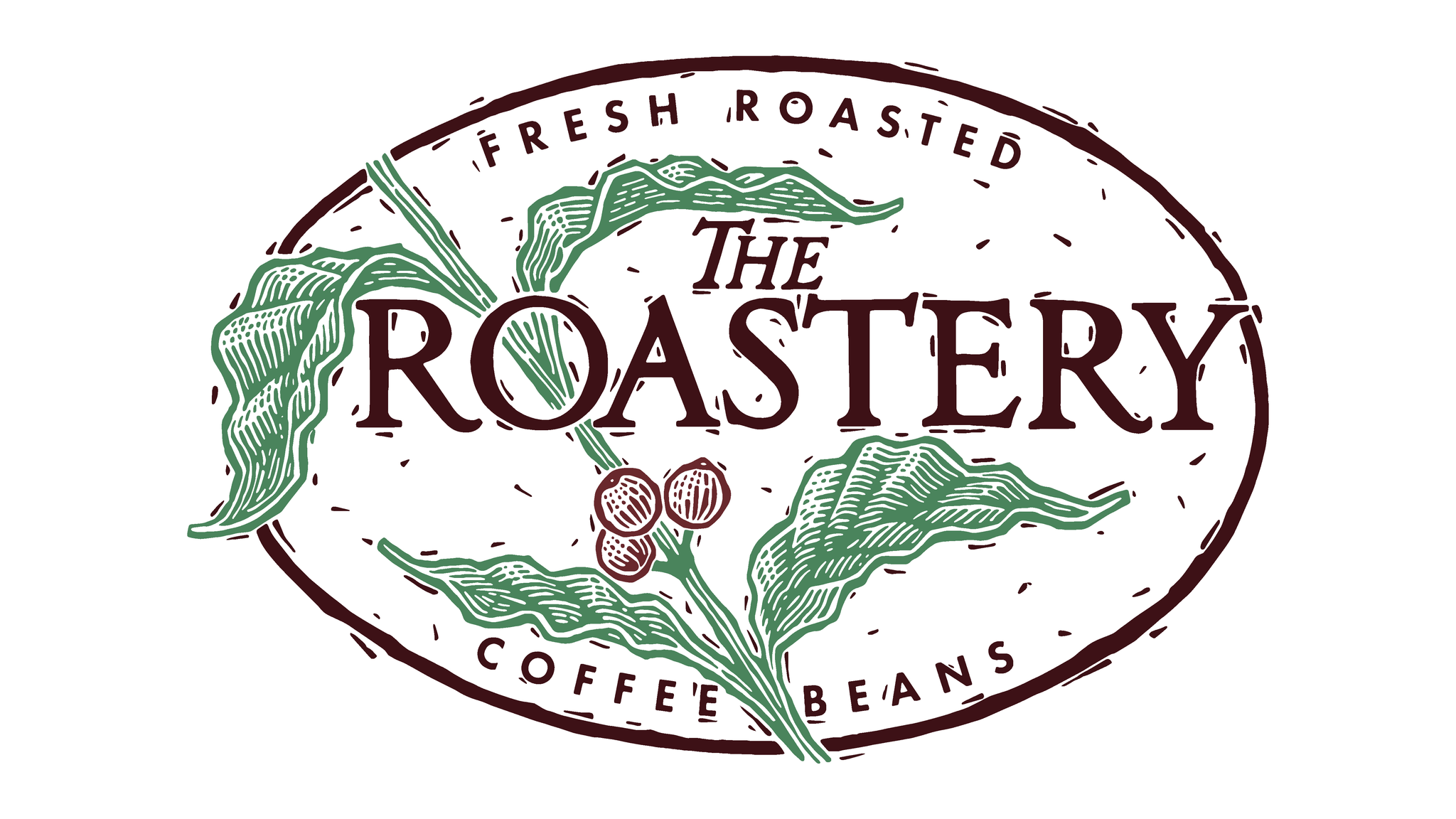Trip Report, Rwanda

Coffee Cupping Training
Kigali, Rwanda
Report made by Jeremy Raths, Coffee Corps volunteer.
September 12, 2006 the training conducted on behalf of Eastern Africa Fine Coffee Association was started at OCIR, Kigali, Rwanda. Chris von Zastrow and I conducted the four days of activities. A day of set up was followed by two full days of intensive trainings. After an introduction given by the Director, Ephrem Niyonsaba we jumped into the schedule. Triangulation, matching pairs, and cupping to the SCAA cupping form were used to help the thirty students improve coffee cupping and evaluation. Sensory awareness was enhanced by smelling and tasting locally grown fruits. The training emphasis was place on the ability to repeat daily the exercises. By using home grown fruits, and simple tools we stressed the ease and the need of repeating these exercises. Cupping once a year will not improve the coffee in Rwanda. It will be seen if the advice is taken.
Identifying and developing the cupping judges for the national competition was a challenge. The natural abilities did not necessarily coincide with experience. Several cuppers had a great deal of experience but lacked sensory awareness. We selected five judges based on impressions gained during the trainings. Calibration with the SCAA form was the next goal. To get the five judges to be aware of scoring and ranking coffees was the basis of the remaining training.
The cupping of the samples submitted for the national competition was a great experience for myself and the five cuppers. The gap between the coffees submitted and the requirements of the specialty coffee industry could not have been demonstrated in a more clear fashion. Ordinary, non-descript, characterless, all describe the bulk of the samples. The serious faults of potato and iodine knocked several samples from the table.
As a coffee roaster I was disappointed by the samples submitted for competition. As an instructor I was able to continually enhance the notion that the coffees need to be evaluated along all parts of the coffee chain. It does no good to introduce coffees to the market with ordinary or even major fault characteristics. Rwanda wishes to continue to participate in the higher value specialty market. To make that leap the entire industry within Rwanda needs to be reaffirmed by continual cupping at all points.
Staffing requirements for the number of students (30) suggest the addition of one more volunteer member. Individuals in the large class were not given the necessary attention. The ability to coach individuals in a very individualized activity is hampered by the needs of the group.
Translation from English to Kimyarwanda and French and back again disrupted the flow of instruction. The people available for translation were inconsistent in style. This instructor lost rhythm several times. Next time I need to be able to comprehend the languages, at least in regards to coffee.
The water available for cupping was outside the recognized standards. Three hundred and fifty parts per million of dissolved solids is over twice the concentration recommended for coffee dilution. The OCIR lab should invest in coffee filters capable of diminishing the level of dissolved solids or bring in bottled water and add solids.
The light available in the cupping room was not at a sufficient level. Recommend that the ceiling be painted white.
The support staff was not able to be consistently available. Errands, help with set up, direction of other people, were all hampered by this. It is hard for folks to stop their usual activities to help with the training. But selecting one person and having that person available helps to make things run smoothly.
It is easy to come into a situation and see the needs. How to bring about, in a sensible fashion, with the minimum of resources the improvements all of us want is the real challenge. I am pleased to be a part of the training and the experience. I hope that by next year we will see cuppers emerge and demonstrate the passion and skills needed to help Rwanda coffees become better and better. We have seen what the market will pay. Now it is up to the industry in Rwanda to meet the needs and desires of specialty roasters world wide.




